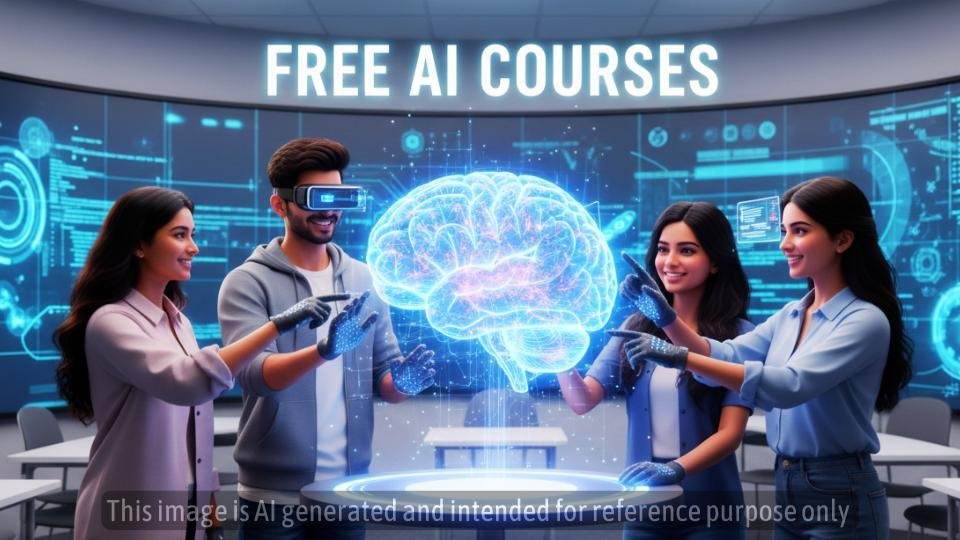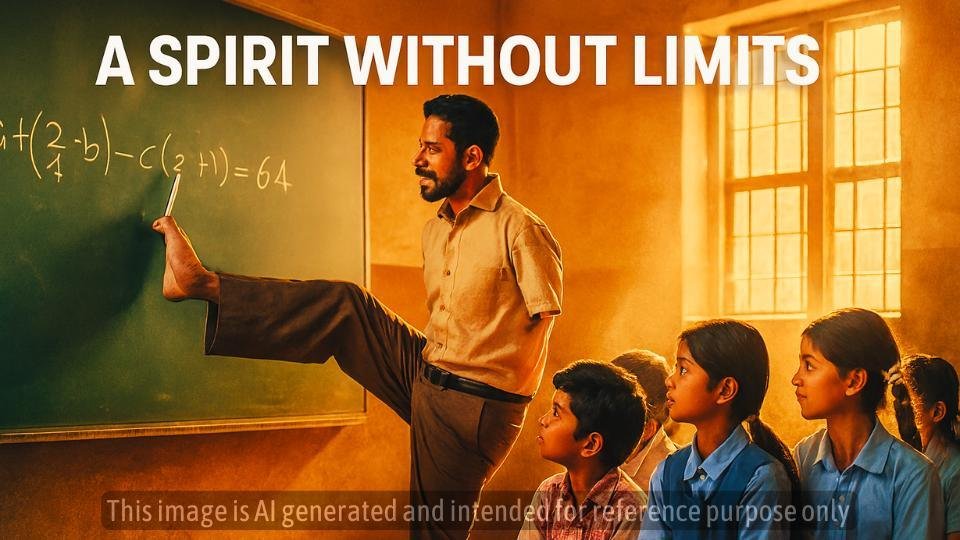कृपया इसे हिंदी में पढ़ने के लिए यहाँ क्लिक करें
The Future is Here, and It Pays Well!
Hello and a very warm welcome! If you use Facebook or Instagram and have ever dreamed of earning money from your creativity, then this news is for you. Imagine earning up to ₹5,000 every single hour, right from the comfort of your home. Yes, you read that right! Social media giant Meta, led by Mark Zuckerberg, has rolled out a golden opportunity, and it might be the perfect fit for you. Let’s dive into every little detail of how this is possible.
What’s the Big News?
In today’s fast-paced digital world, Artificial Intelligence (AI) has become the new frontier. Every major tech company is racing to be the best, and Meta is making a game-changing move. According to a recent report, Mark Zuckerberg’s company is hiring contractors in the United States and paying them a handsome sum of up to $55 per hour (which is nearly ₹5,000).
Their mission? To create highly advanced, culturally aware AI chatbots for countries like India. This isn’t just about technology; it’s about connecting with people on a deeper, more personal level.
It’s Not Just for Coders: Meta Wants Creative Minds!
Now, you might be thinking, “This sounds great, but I’m not a tech genius.” Here’s the best part: Meta isn’t just looking for programmers. The company is actively seeking creative individuals with a unique set of skills. They are looking for people who have:
- At least six years of experience in storytelling and character creation.
- Expertise in prompt engineering (the art of talking to AI to get the best results).
- Fluency in languages like Hindi, Indonesian, Spanish, or Portuguese.
The goal is to build AI personalities for platforms like Instagram, Messenger, and WhatsApp that feel completely real and local. Imagine chatting with an AI that understands not just your language, but your culture, your humor, and your unique way of expression. That’s the future Meta is building.
Mark Zuckerberg’s Grand Vision: AI as a Friend
Zuckerberg’s vision for AI goes beyond simple tech tools. He imagines a future where AI chatbots become an integral part of our daily lives, acting almost like real friends. He believes that a time will soon come when these AI companions will help us with our everyday needs, from planning our day to offering a friendly chat when we need it most. This isn’t just an innovation; it’s a revolution in how we interact with technology.
A Little Backstory: Learning from the Past
This isn’t Meta’s first attempt at AI chatbots. In 2023, the company launched AI bots based on celebrities like Kendall Jenner and Snoop Dogg. While interesting, they didn’t quite connect with users in the long run. Learning from this, in 2024, Meta introduced the “AI Studio,” a platform allowing regular users to build their own chatbots.
Now, by hiring local cultural experts, Meta is taking the next logical step to ensure their AI is not just smart, but also wise, relatable, and safe.
Why This is a Huge Deal for India
India has one of the largest user bases for Instagram and WhatsApp in the world. By launching AI chatbots that can communicate fluently in Hindi and understand Indian culture, Meta can create a much more engaging experience for millions of people. If these bots connect with users, it could lead to a massive boost in both user engagement and revenue for the company. It’s a win-win situation.
However, the path is not without challenges. In the past, AI bots have faced criticism for data leaks and generating inappropriate content. That’s precisely why Meta is now investing heavily in human creativity and cultural expertise—to build AI that is not only powerful but also responsible.
A Social Message for Our Times
This exciting development shows us that the future is not about technology replacing humans, but about humans and technology working together to create something beautiful. It’s a reminder that our unique cultural knowledge and storytelling abilities are more valuable than ever before. This is an opportunity for creative people everywhere to step up and shape the future of communication.
So, what do you think? Is this Mark Zuckerberg’s masterstroke or could it lead to new controversies? Share your thoughts in the comments!






Leave a Reply